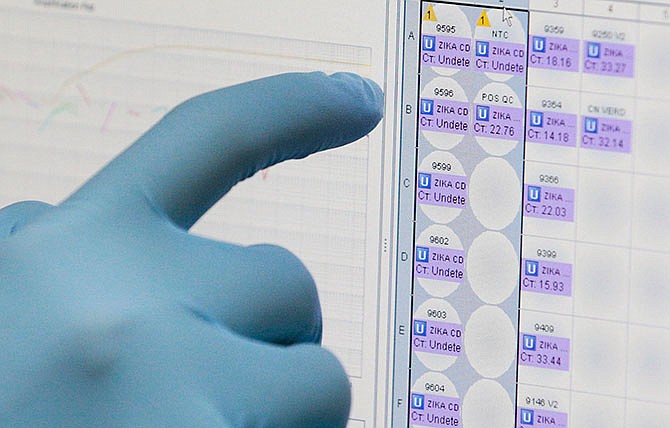Better Business Bureau warns consumers to brace for scams that build on hysteria about recent cases of the Zika virus, contracted through mosquitoes in the continental United States, as well as cases contracted during travel.
Federal agencies have warned consumers about bogus health claims for some products as well as phony investment schemes touting purported scientific breakthroughs to cure or prevent the disease.
The Federal Trade Commission has sent warning letters to 10 companies advertising Zika-related products. Claims about health benefits should be backed up with scientific evidence and controlled clinical testing, the agency says, and it warned the firms to make sure their claims comply with these requirements.
Common mosquito repellents are among the best existing deterrents, but none is foolproof. The Food & Drug Administration has not yet approved vaccines or treatments for Zika, although several organizations are working on vaccines.
In one FTC case, a company claimed a wristband with mint oil would create a "vapor barrier" that would shield a person from being bitten for up to 120 hours. The FTC found the defendants did not have scientific evidence to back up the claim, and they settled the charges with the company.
The Securities & Exchange Commission also has alerted investors to the possibility of investment scams involving potential cures. The SEC said it was aware that some people were promoting stock in firms that were working on products related to Zika.
BBB offers the following tips to help consumers avoid Zika-related scams.
Be skeptical of products that claim they can protect you from Zika. Companies should have scientific proof of any claims. Check the companies promoting them out at midmobbb.org or by calling 573-886-8965.
Beware of claims for miracle cures or treatments. Ask your doctor or another health professional for their advice before you use such products.
Be cautious about investing in unfamiliar stocks or responding to press releases or emails from unfamiliar sources that claim to have inside information about investing in a cure. Use brokercheck.finra.org to research investment professionals.
Be cautious if a stock promoter claims to have a relationship with a government agency, prominent companies, or well-known colleges or other institutions.
Avoid clicking on links or attachments in unsolicited emails.
Report any suspected Zika-related scams to BBB Scam Tracker.
Sean Spence is the Mid-Missouri regional director for Better Business Bureau.

